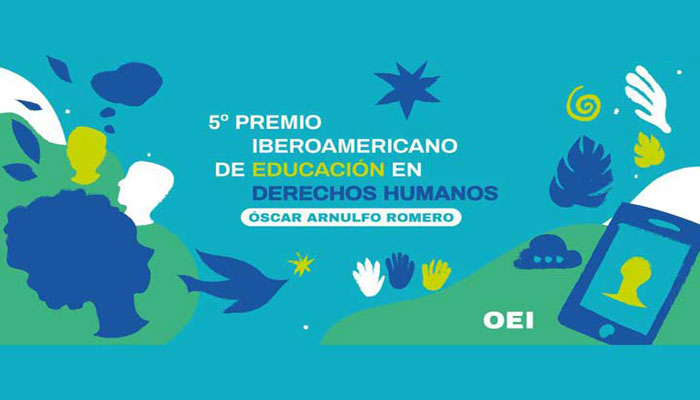
Proyecto Palomas to represent Cuba at Ibero-American Prize
Havana, August 15 (RHC) Cuba will be represented by the Palomas Project in the 5th edition of the Oscar Arnulfo Romero Ibero-American Prize for Human Rights Education, which will be held in the Brazilian city of Rio de Janeiro on September 4 and 5.
Sergio Cabrera Angulo, general coordinator of the project, said that the jury had chosen Palomas to represent the largest of the Antilles among some 2,000 institutions in the region.
According to the call for entries, for the V edition of the award it was decided to create a single category dedicated to non-formal education; thus, candidacies were received from Argentina, Bolivia, Brazil, Chile, Colombia, Costa Rica, Cuba, Ecuador, El Salvador, Spain, Guatemala, Honduras, Mexico, Panama, Peru, Portugal, Dominican Republic, Uruguay and Venezuela.
The winners from each of the countries in the region that participated in this contest will be invited to the V International Seminar on Human Rights Education, to be held in Rio de Janeiro.
There, they will have the opportunity to present their projects and share experiences and best practices with their international peers.
Proyecto Palomas has as one of its main axes the contribution to the necessary path of empowerment of people (with emphasis on women, girls, boys, men and vulnerable people), from the philosophy of popular education, through activism.
The award recognizes the work of civil society organizations, educational institutions, companies, public agencies and foundations whose non-formal education initiatives are aimed at defending and promoting human rights and full citizenship for all people in Ibero-America.
With the motto "We make cooperation happen", the Organization of Ibero-American States for Education, Science and Culture (OEI), founded in 1949, is the first intergovernmental organization for South-South cooperation in the Ibero-American region.
With more than 650 ongoing projects and more than 400 active agreements, the Organization of Ibero-American States for Education, Science and Culture represents one of the largest cooperation networks in the Ibero-American region, and one of its results has been the drastic reduction of illiteracy in the Ibero-American region, with an average of more than 12 million direct beneficiaries in the last 5 years. (Source: ACN)

